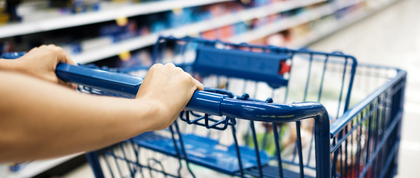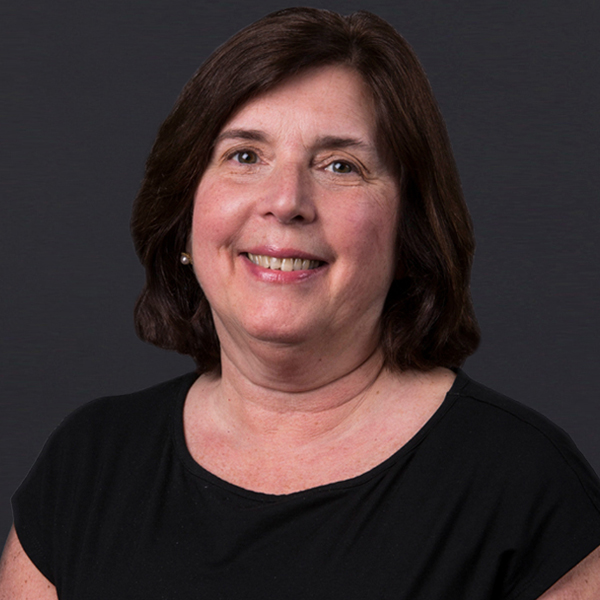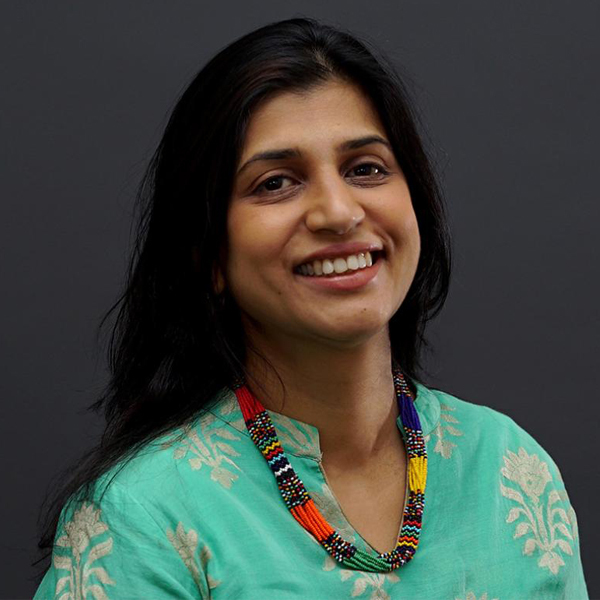
The COVID-19 crisis has highlighted -- and exacerbated -- the problem of food insecurity in the United States. Groups that are newly at risk of hunger include those who have lost their jobs (over 16 million in the last three weeks), households with children who depend on meals at schools that are now closed, and older adults who are most vulnerable should they contract the virus, making it difficult if not unsafe to go out for food.
The most immediate problem is food access, since multiple factors have caused supply chains to be disrupted. Many retailers are bidding against each other, often leaving smaller grocery stores with inadequate inventory. Restaurants are closed and food distribution centers are overwhelmed, depriving community food banks of their usual sources. And people who can afford to stockpile goods often leave shelves emptied of the limited supply, decreasing the availability of food for others.
To make matters worse, ours is a nation that wastes food: by some estimates, approximately 40 percent of food in the U.S. ends up in landfills, costing American families almost $2,200 every year. Reducing food waste could be a positive outcome of the pandemic. But the challenge lies in ensuring safe food practices as well as establishing a comprehensive, systems approach to claiming surplus food and redistributing it to those who are most in need.
The use of technology would immeasurably enhance our ability to efficiently salvage and redistribute food. Some mobile apps and digital platforms already exist to address the information gap and bring together grocery store and restaurant donations, food from institutions, and other sources of raw and prepared foods alike. But even more are needed at this critical time.
For public health nutrition professionals, COVID-19 presents an unprecedented opportunity to increase awareness of food insecurity and food waste, and to offer practical solutions. Public and private partnerships among food companies and government programs can address the immediate need. But we must also harness technology to scale up and sustainably expand these initiatives into every segment of our society.
Even in the face of a pandemic in the richest country in the world, no citizen -- especially those who are most vulnerable -- should go hungry.

Joyce O'Connor, MA, DrPH
Director of Public Health Nutrition
Director of the Advanced Certificate in Public Health
Clinical Associate Professor of Public Health Nutrition

Niyati Parekh, MS, PhD
Director of Doctoral Studies
Associate Professor of Public Health Nutrition

Vivian Wang, MS, MPA
Doctoral Candidate in Public Health Policy and Management